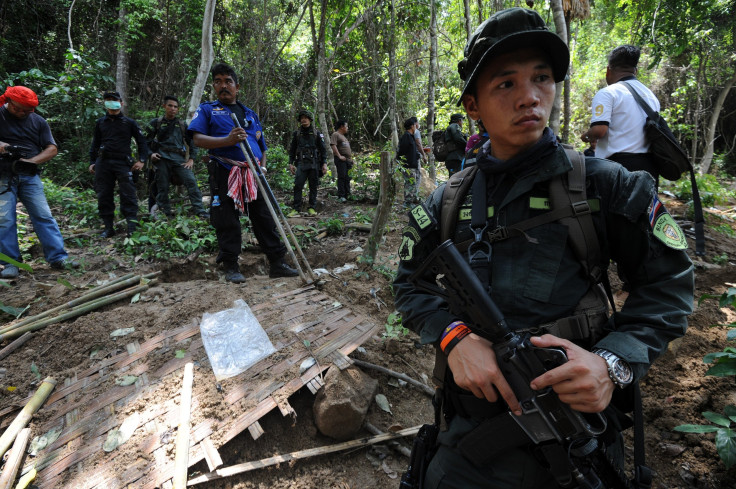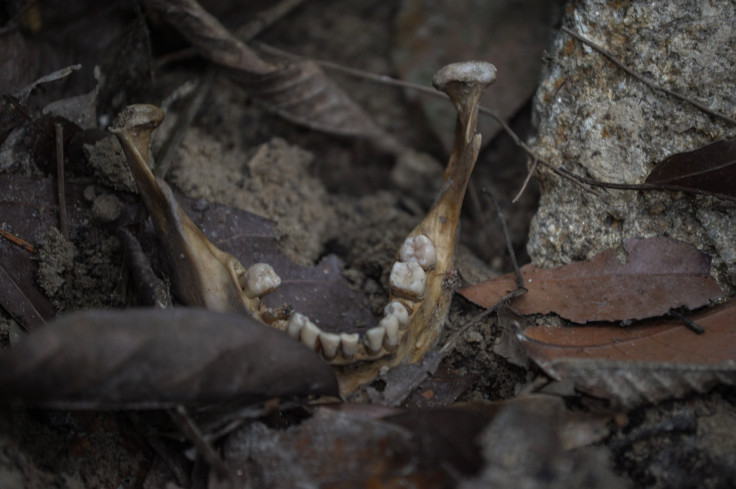US To Upgrade Malaysia's Ranking On Human-Trafficking Blacklist; Rights Groups See Move Linked To Trade Deal

The U.S. will next week upgrade Malaysia from the bottom tier of its list of countries that fail to adequately combat human trafficking, according to State Department sources cited by the Associated Press. The move is being seen by some U.S. lawmakers and human rights groups see as a political ruse to advance the Obama administration's trade agenda.
A U.S. government source, speaking on condition of anonymity, told the AP that the State Department's annual Trafficking in Persons report would likely upgrade Malaysia from “tier 3,” which is a blacklist, to "tier 2," a watch list, when the document is published next week. When the U.S. added Malaysia to its human trafficking blacklist in 2014, the country joined the likes of Iran, North Korea and Syria on the bottom rung of the State Department's rankings.
State Department spokesman John Kirby told the AP that the report was still being finalized and that "it would be premature to speculate on any particular outcome."
The change to Malaysia's record on human trafficking removes a potential barrier to the Trans-Pacific Partnership, a trade deal that many see as legacy-defining for the Obama administration.
"If true, this manipulation of Malaysia's ranking in the State Department's 2015 (Trafficking in Persons) report would be a perversion of the trafficking list and undermine both the integrity of this important report as well as the very difficult task of confronting states about human trafficking," Democratic Senator Robert Menendez told Reuters.
According to a provision in a trade bill passed by the U.S. Congress last month, countries with the worst human-trafficking records -- as ranked by the State Department -- were barred from fast-tracked trade deals, according to the Guardian.

Lawmakers are working on a compromise that would let Malaysia, and other countries appearing on the U.S. blacklist for human trafficking, participate in fast-tracked trade deals if the administration verified that they have taken concrete steps to address the most important issues identified in the annual trafficking report, according to Reuters.
In May 2015, mass graves believed to contain the remains of at least 139 migrants were discovered in Malaysia, which along with Thailand, is a transit hub for Rohingya migrants from Myanmar -- a Muslim group subjected to prejudice from the country's Buddhist majority -- and economic migrants from Bangladesh.
"Malaysia has little to distinguish its record on human trafficking since last year,” Phil Robertson, deputy director of Human Rights Watch's Asia division, told the AP. “Its service to victims is poor, anti-trafficking law conceptually conflated with people-smuggling, and protection for vulnerable migrants minimal."
© Copyright IBTimes 2024. All rights reserved.












